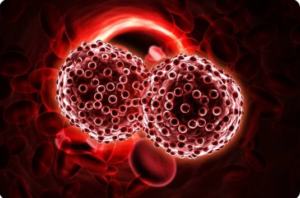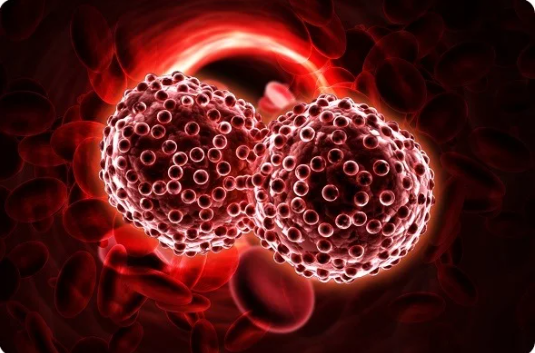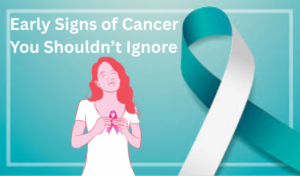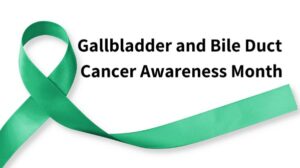Cancer is a life-altering disease that affects millions of lives worldwide, making early detection and awareness crucial. Understanding the signs of cancer can save lives by facilitating timely diagnosis and treatment. This blog aims to educate you on the common warning signs, risk factors, and preventive measures you can take to reduce the risk of cancer.
What Is Cancer?
Cancer occurs when cells in the body grow uncontrollably and spread to other parts of the body. It can affect any part of the body and may manifest differently depending on the type. While some cancers are hereditary, others are linked to lifestyle, environmental factors, or unknown causes. Early detection is vital to improve treatment outcomes.

Signs of Cancer to Watch For
Unexplained Weight Loss: Losing weight without changes in diet or exercise may signal cancers like stomach, pancreas, or lung cancer.
Persistent Fatigue: Feeling constantly exhausted, even after adequate rest, can be a symptom of leukemia, colon cancer, or stomach cancer.
Lumps or Swelling: A new lump, especially in areas like the breast, armpits, or neck, warrants immediate medical attention as it could indicate cancer.
Changes in Skin Appearance: Persistent sores, unusual moles, or skin discoloration may be a sign of skin cancer or other types.
Chronic Cough or Hoarseness: A cough that doesn’t go away, especially if accompanied by blood, could indicate lung or throat cancer.
Abnormal Bleeding: Unexplained bleeding in urine, stool, or during menstruation may be linked to cancers like bladder, colon, or cervical cancer.
Difficulty Swallowing or Indigestion: Persistent swallowing difficulties or indigestion can signal esophageal or stomach cancer.
Unexplained Pain: Chronic pain, especially in the back or bones, could point to advanced cancers.
Risk Factors for Cancer
- Lifestyle Choices: Smoking, excessive alcohol consumption, and poor diet significantly increase cancer risk.
- Genetic Factors: A family history of cancer may elevate your chances of developing the disease.
- Environmental Exposures: Prolonged exposure to harmful substances like asbestos or UV rays can lead to cancer.
- Age and Gender: Certain cancers are more prevalent in specific age groups or genders.
Precautions and Preventive Measures
- Healthy Diet and Exercise: Include plenty of fruits, vegetables, and whole grains while staying physically active.
- Avoid Risky Behaviors: Quit smoking and limit alcohol consumption.
- Regular Screenings: Regular health check-ups and screenings for common cancers, like breast, cervical, and prostate cancer, can help detect the disease early.
- Sun Protection: Use sunscreen and protective clothing to reduce the risk of skin cancer.
- Vaccinations: Vaccines like the HPV vaccine can prevent certain types of cancer.
Frequently Asked Questions
What are the most common signs of cancer?
Unexplained weight loss, persistent fatigue, abnormal bleeding, and lumps are some of the most common early signs of cancer.
Can lifestyle changes reduce the risk of cancer?
Yes, adopting healthy habits such as eating a balanced diet, exercising regularly, avoiding smoking, and limiting alcohol can significantly lower cancer risks.
Does early detection improve cancer treatment outcomes?
Absolutely. Early detection increases the chances of successful treatment and can significantly improve survival rates for many types of cancer.
Conclusion
Cancer awareness is the first step toward prevention and early detection. By understanding the signs of cancer, recognising risk factors, and taking preventive measures, you can protect yourself and your loved ones. Make regular health check-ups a priority, and don’t hesitate to consult a doctor if you notice any unusual symptoms. Awareness can save lives—spread the word and help others stay vigilant.





